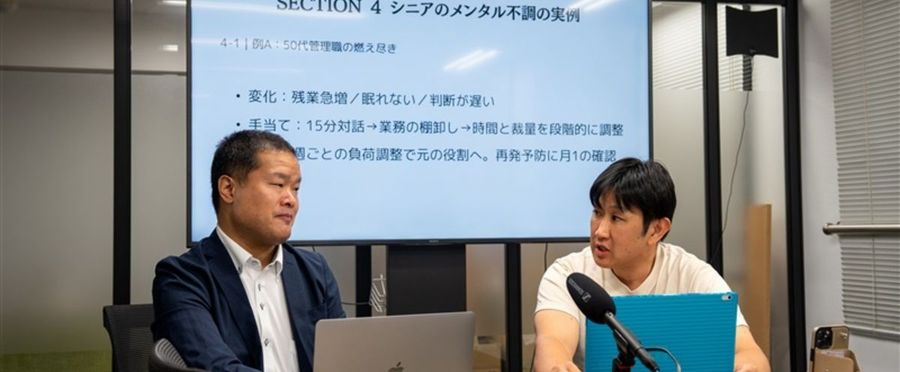The article explores the growing issue of mental health afflictions among Japan's middle-aged and older workforce. Regarded as a consequence of increasing work pressures and demographic changes, the issue has seen a rise in recent times. The Japanese government, corporations, and health institutions are taking note and seeking effective measures to address this critical factor impacting the Japanese work culture.
In Japan, the concept of "karoshi," or death from overwork, is ingrained in the work culture. The country's aging workforce, coupled with societal expectations of loyalty to one's job, exacerbates mental health issues among middle-aged workers. Japanese society values hard work and endurance, which sometimes overlooks the significance of mental well-being. The rise in mental health challenges among workers is prompting a national discourse on work-life balance and mental health support.
In the U.S and EU, issues surrounding mental health in the workspace are also a pertinent topic but tackled more openly. Companies are increasingly investing in initiatives for employees' mental well-being and work-life balance. Laws protecting workers' rights are more comprehensive, with strict hours regulations and mandatory time-off policies.

